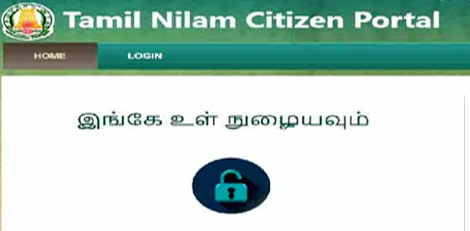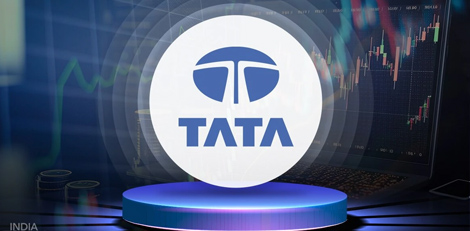With Indian climate warming up, mosquito breeding on the rise – WHO warning!

The tropical areas like India and other countries are warming up. This has raised the breeding of mosquitoes. WHO (World Health Organization) has warned the Indian government to take necessary steps.
World Health Day is observed annually on 7th April. The slogan given by WHO for this year is ‘small bite – big danger’! This signifies the need for the humans to protect themselves from the diseases spread by mosquitoes and other insects.
Rise in mosquito breeding
Former Director of Tamil Nadu Health Department, Dr. S. Ilango
informed:
The danger of infectious diseases from mosquitoes is a global phenomenon. WHO has equated the mosquitoes as ‘flying bombs’! Climate changes have resulted in a rise in the temperature by 0.521 Degrees Celsius. It is reported that the rise in the region of Tamil Nadu is 1 Degree Celsius. The mosquito eggs require 15 days to hatch. With the rise in climate temperature, they require only 7 days to hatch. This has led to a significant increase in mosquito population. This directly means more mosquito bites and more infectious diseases and suffering for the public. The government has to take all immediate steps to prevent this.
The danger from malaria
Currently, the instance of malaria has decreased in Tamil Nadu. More people from urban areas get affected by malaria as compared to the rural areas. The North-eastern Indian states like Assam, Meghalaya, and Nagaland have more instances of malaria. People from these states visit Tamil Nadu for business purposes or treatment. This leads to infection of the local people. And malaria is spread through infection. This should be monitored seriously and controlled.
Dengue & Chikungunya
There are high possibilities of dengue and Chikungunya to spread. The possibility of death even before detection in case of dengue is quite high. So, the patients with fever should also be checked for dengue & treated. Since there is a vaccine for brain fever, WHO has informed that this can be brought under control.







